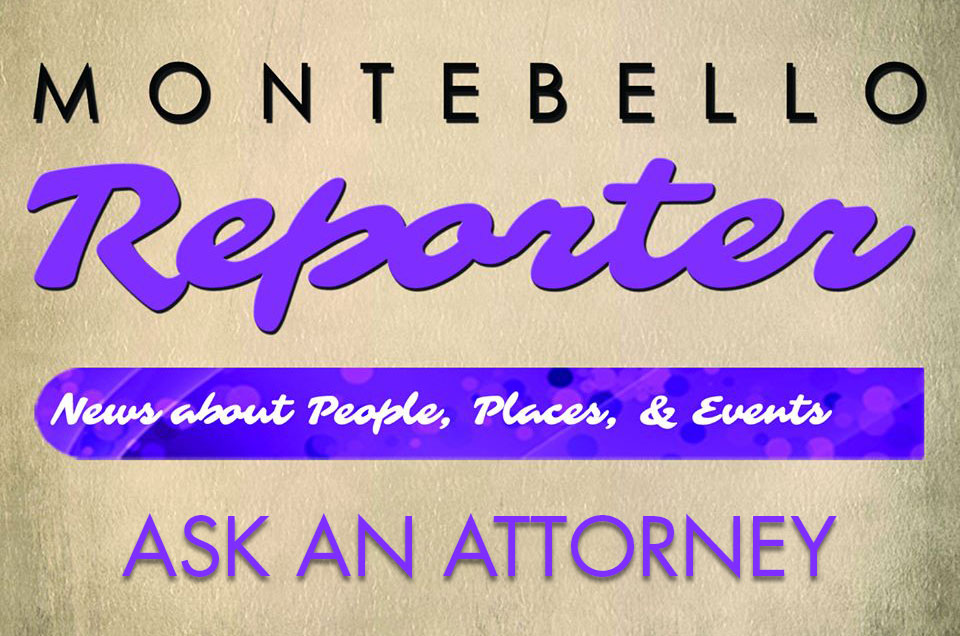by Gia Pacheco, The Law Office of George Pacheco & Associates
Valentine’s Day is quickly approaching and we will be surrounded by symbols of love and romance. For many, that symbol is getting down on one knee and asking their partner for their hand in marriage. As wedding preparations kick into full force, surprisingly many couples often avoid the finance talk, and even more taboo- the premarital agreement talk. Contrary to popular belief, premarital agreements are not necessarily a negative thing to discuss with your fiancé and it does not always mean there is a lack of trust between partners. Before a couple marries, there could be significant differences in financial status, business or even a blended family. An agreement may help clarify many of these issues during marriage and certain property issues at death. Not only can it protect your financial stability, and the financial stability of your children, but there are also other advantages, including outlining spousal support and property disposition in case of conflict. Premarital Agreements, or more commonly called “Prenups”, have a bad connotation because many people perceive them to suggest that a spouse is implying the marriage won’t be “forever.” However, in my experience and contrary to this belief, many have experienced more fulfilling marriages just knowing that they and their spouse will be okay should anything unforeseen occur during their marriage. The prenup is a way to write your own rules to your marriage.
Since the enforceability of a prenup is determined at the time of dissolution, an attorney who drafts the document must ensure that it comports with the California Premarital Agreement Act (the “Act”) for it to have legal effect. For premarital agreements executed after January 1, 2002, in summary, the Act provides that a premarital agreement will be enforceable if:
1) The agreement was voluntarily entered into. This means that the parties must have
a) consulted with an independent lawyer OR signed a written waiver of their rights to consult with an independent lawyer
b) had legal capacity to enter into the agreement
c)did not sign the agreement under duress, fraud, or undue influence, and
d) waited at least 7 calendar days between the date he or she was “first presented” with the agreement and advised to seek independent counsel at the time the agreement was signed.
2) The agreement must not be unconscionable or against public policy, and the parties must give fair, reasonable, and full disclosure of all financial information and assets and debts.
Please follow my monthly article where I will host a variety of Legal Questions & Answers. Please email gia@madhauscreative.net with “Montebello Reporter” in the subject line. Questions will be selected and published at random.
Disclaimer: While every effort has been made to ensure the accuracy of this publication, it is not intended to provide legal advice as individual situations will differ and should be discussed with an expert and/or lawyer. For specific technical or legal advice on the information provided and related topics, please contact the author.










